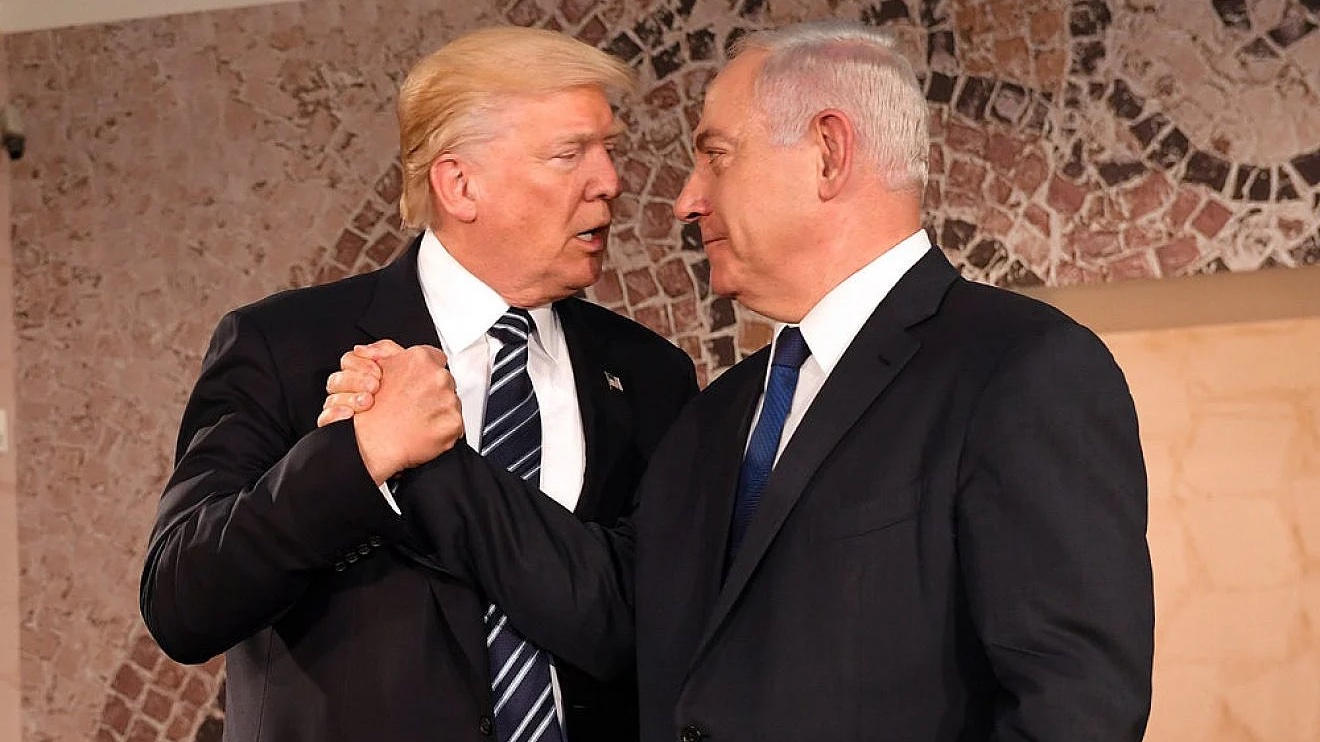There’s a lot of talk of a Lebanon ceasefire in the coming weeks, with Israeli officials even calling it a “gift” to incoming US President Donald Trump, who is eager to “end wars, not start them.”
But it’s imperative that the current war in Lebanon end in the right way, with Hezbollah no longer posing an existential threat to the State of Israel, and to Israeli communities in the Galilee region in particular.
A senior IDF officer told Israeli media that the key to making this happen to maintain the military pressure.
“I believe they’ll let us go even further, maybe even to Beirut,” Lt. Col. (res.) Oren Schindler told the daily newspaper Ma’ariv. This will serve to further demonstrate Israel’s resolve, which Schindler said in turn “increases pressure and accelerates an agreement. It’s important to convey to the Lebanese government that we are serious; this is the name of the game in our neighborhood.”
Six months ago, experts were cautioning against a war in Lebanon, issuing doomsday predictions of mass IDF casualties and thousands of terrorist rockets hitting Israel every day.
But Schindler noted that the reality has been quite different, so much so that he and his troops were rather surprised to find Hezbollah all but incapable of putting up a real defense. “I expected them to perform better, but they are unable to function as an organized military force,” he explained. “There is a disconnect between the headquarters and the field ranks, and many of their personnel have fled.”
Hezbollah is indeed taking a pounding. Their entire senior leadership has been eliminated, the “beeper” operation crippled their communications and mid-level officer corps, and Israeli officials estimate that up to 80% of the terror group’s missile arsenal has been destroyed.
Given all this, Iran is reportedly urging Hezbollah to accept the ceasefire deal currently on the table.
Even though that deal calls for Hezbollah to be pushed north of the Litani River and grants Israel full freedom of operation in southern Lebanon should it detect any violations.
It’s difficult to see Lebanon and Hezbollah agreeing to those terms, but with the Trump election and Israel really taking the fight to its enemies over the past several months, the reality in the Middle East is shifting, and anything seems possible.














